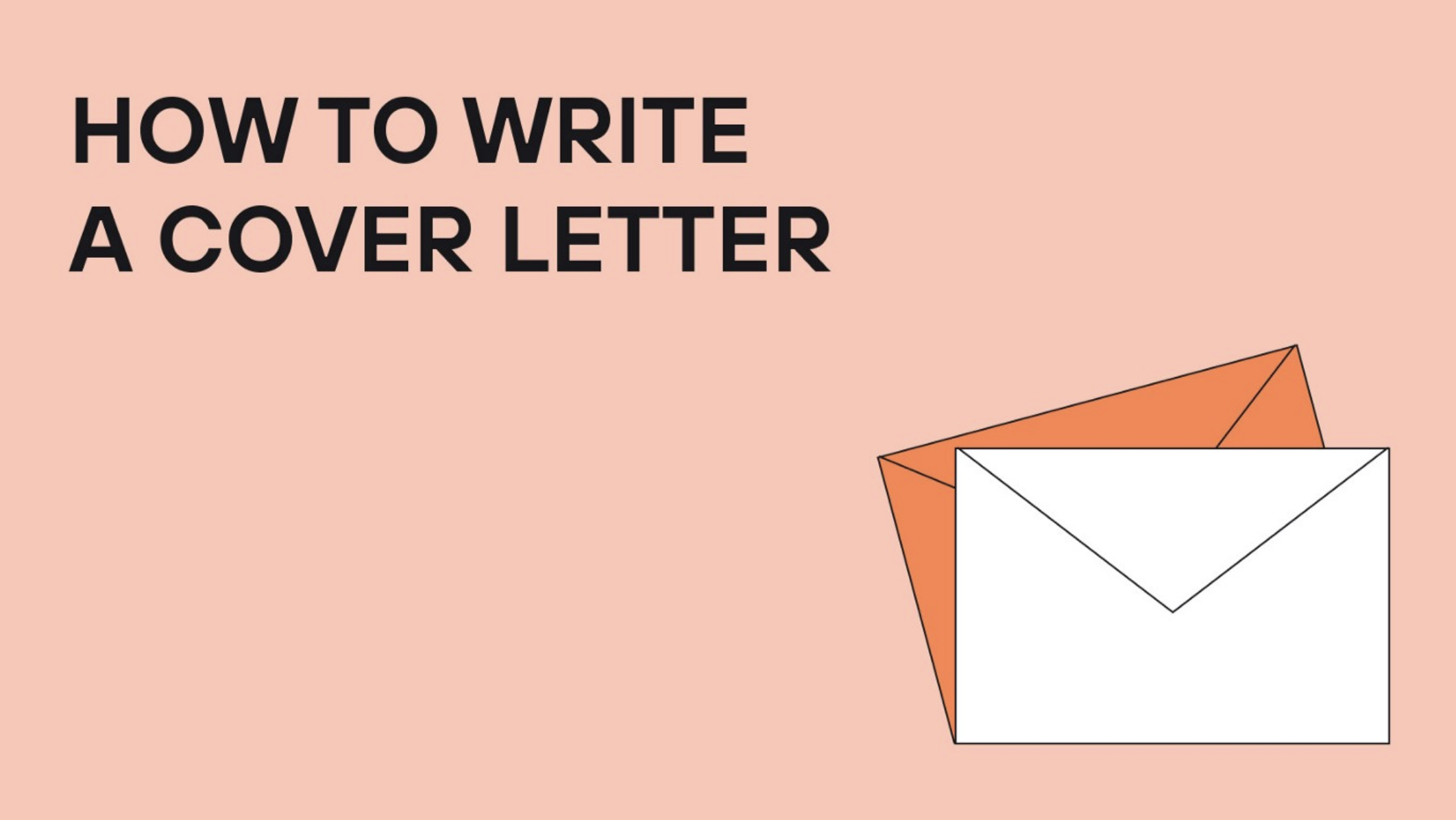
The cover letter is your first and possibly the only chance to leave a good impression on your prospective employer. Therefore, it is an essential strategy in persuading an employer to proceed with reading your resume. Consider it as a “bait” to “hook” the reader. As such, avoid submitting poorly-constructed cover letters riddled with typos and grammatical errors. When combined with your resume, the primary goal of a cover letter is to secure an interview. The second goal is to communicate the ”intangibles” that are not quickly obvious from the facts on your resume. Thus, it should be written in a direct, modest tone that expresses passion. You can look up some cover letter examples online to have a better idea and understand the technicalities. With that said, here are five general rules to keep in mind when constructing your cover letter:
Consider your employer
Never lose sight of your intended audience or the reason for drafting this letter: it should be employer-focused. You must swiftly and clearly answer the employer’s implicit inquiries in your first paragraph. Then, prepare yourself for additional questions that may be asked. Check out guide on Resume Style guide for Posts Formatting.
Avoid reiterating your resume
Your cover letter should not be a carbon copy of your resume. The cover letter is an opportunity to explain how the abilities you gained in the past can benefit your prospective employer now. The second paragraph of your letter should explain how your skills and expertise suit their requirements. The first few sentences must highlight your accomplishments. If you can’t think of a way to back up your claim regarding accomplishments, don’t make it. It cannot be solely your opinion.
Choose the perfect style
An effective cover letter is brief, easy to understand, and sounds genuine and sincere. Don’t use elaborate, convoluted language or obscure terms to appear sophisticated and well-educated. Instead, you’ll seem pretentious and insincere, and your letter will be tossed before the signature line. The simple and uncomplicated language will best show confidence and competence. Don’t use exaggerated superlatives. Avoid using statements like “I’m the ideal candidate for this position because…” or “I am convinced I will surpass your expectations in every way.” These kinds of statements ring hollow.
Make believable statements and back them up with open accounts from your own experiences. Additionally, make use of active voice. Passive voice is often ponderous and slows down your presentation. The active voice makes a far more powerful and favorable impression. Using an active voice also proves that you are the “great writer” you claim to be. A well-written, professional cover letter will be sufficient on its own. Avoid gimmicks like printing your cover letter in colors other than beige, gray, or white paper. It should be the same bond paper as your resume and letter-sized envelope.
Never lie about yourself
Do not fabricate a tale or embellish an experience or credential to impress a potential employer. One falsehood leads to another, and you usually get caught somewhere along the path, with disastrous consequences. In this line of work, honesty is essential. You want to start building a reputation for being trustworthy and honest immediately.
Always double-check
Proofread your work, then have a peer proofread it again! You should have a near-perfect sentence structure, punctuation, and spelling. Don’t give the company an excuse to file your application under “reject.” These items may seem obvious, but many qualified candidates are dismissed for relatively “small” mistakes. Why would an employer trust you to manage client concerns if you can’t produce a flawless finished product about yourself? Do not ever rush to get them out, and do not write them while you’re too weary of detecting faults. Take the extra time to perform a good job, and you’ll get better responses and reactions from your letters.